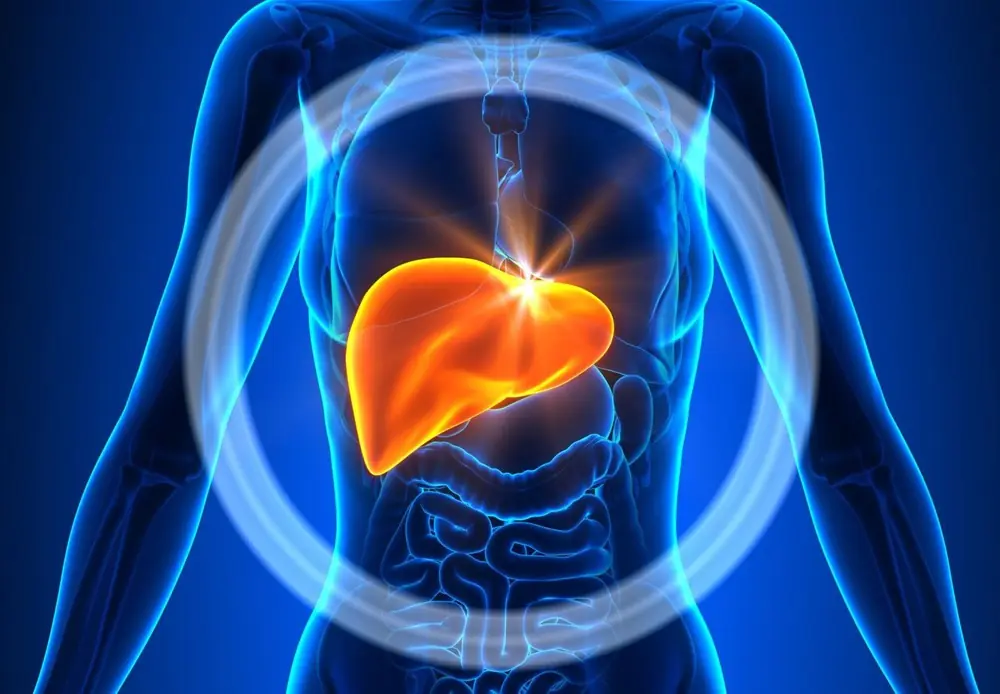
How Eating Eggs Improves Brain Health: The Benefits You Didn’t Know
Eggs are often considered a nutritious food, but did you know they can also play a crucial role in boosting brain health? Eating around 3-5 eggs per week provides your body with protein, B vitamins, choline, and antioxidants that help support nervous system function and enhance cognitive abilities. Here’s how eggs, particularly chicken eggs, contribute to better brain health and how you can include them in your diet for optimal brain performance.
Choline: The Key to Memory and Focus

One of the most important nutrients found in eggs is choline, a substance that is critical for the production of acetylcholine, a neurotransmitter essential for memory, concentration, and learning abilities. Acetylcholine plays a key role in helping the brain process and retain information. A long-term deficiency in choline can lead to cognitive impairment, including poor memory and slow information processing.
Egg yolks are one of the best natural sources of choline. Regular consumption of eggs can help maintain healthy levels of this vital nutrient and keep your brain sharp, especially as you age.
B Vitamins and Their Role in Reducing Brain Decline
Eggs are also rich in B vitamins, such as B12, B6, and folate. These vitamins are essential for lowering homocysteine levels, an amino acid that, when elevated, is linked to nerve cell damage and cognitive decline. By incorporating eggs into your diet, you help your body regulate homocysteine, protecting brain cells from deterioration and reducing the risk of neurodegenerative diseases like Alzheimer’s and dementia.
Research has shown that adequate intake of vitamin B12, for example, is crucial in maintaining cognitive function. It helps in the formation of myelin, the protective sheath around nerve fibers, which ensures the smooth transmission of signals between brain cells.
Antioxidants in Eggs Protect Your Brain
Eggs, particularly the yolks, contain important antioxidants such as lutein and zeaxanthin. These antioxidants are known for their ability to combat oxidative stress, which is caused by harmful molecules called free radicals. Oxidative stress can damage brain cells and contribute to cognitive decline.
Lutein and zeaxanthin work to protect the neurons in the brain, reducing the risk of degenerative brain diseases and helping to maintain cognitive function. Studies have found that people who consume diets rich in lutein have better focus and information processing abilities.
How Many Eggs Should You Eat for Optimal Brain Health?
While eggs are an excellent source of nutrients for brain health, it’s important to consume them in moderation. Adults should aim to eat 3-5 eggs per week to reap the benefits of these nutrients. Eating eggs regularly, combined with a balanced diet that includes leafy greens, fatty fish, and nuts, can significantly boost brain health.
For older adults, students, and individuals engaged in intellectual work, eating one egg per day can be beneficial for providing essential nutrients that support cognitive health. Eggs are an ideal breakfast option, as they provide sustainable energy, help maintain alertness, and prevent fatigue throughout the day.
Eggs for a Healthy Brain: How They Keep You Energized

One of the reasons eggs are perfect for breakfast is their ability to provide lasting energy throughout the day. Unlike sugary breakfast foods, which can cause energy crashes, eggs offer a steady source of protein and healthy fats that keep you feeling satisfied and energized.
Additionally, eggs help maintain mental clarity and improve your ability to concentrate, making them an excellent choice for anyone who needs sustained focus for long periods, like students and professionals. Including eggs in your morning routine can help set the tone for a productive day.
Considerations for Individuals with Cholesterol Issues
While eggs are a great source of essential nutrients, it’s important to be mindful if you have high cholesterol or cardiovascular issues. For those with these conditions, eating too many eggs, especially the yolks, can raise cholesterol levels due to their high fat content. In such cases, it's advisable to limit yolk intake and focus on egg whites or plant-based protein alternatives.
If you have concerns about your cholesterol levels, consult with a healthcare provider to determine the appropriate amount of eggs for your diet. For most people, consuming up to 5 eggs a week will not significantly impact cholesterol levels and can be part of a heart-healthy diet when balanced with other nutrient-rich foods.
The Importance of a Balanced Lifestyle for Brain Health
In addition to eating eggs, maintaining good sleep, regular exercise, and stress management are essential for optimal brain function. Poor sleep, high stress, and lack of physical activity can negatively impact brain health and contribute to memory loss and cognitive decline.
As we age, it’s important to pay attention to these factors and make adjustments to our lifestyle as needed to keep our brain functioning at its best.
Conclusion: Eggs as a Brain-Boosting Superfood
Eggs are much more than just a breakfast staple. Packed with protein, B vitamins, choline, and antioxidants, eggs offer numerous benefits for brain health, from enhancing memory and focus to protecting brain cells from oxidative stress.
Whether you're a student looking to improve concentration, an older adult wanting to maintain cognitive health, or someone who wants to boost overall brain function, adding 3-5 eggs to your weekly diet is a simple and effective way to support your brain health.
Note: As with all foods, moderation is key. Make sure to balance your egg consumption with a variety of other nutrient-rich foods, and consult with a healthcare provider if you have specific dietary concerns.
News in the same category


The Secret Language Between Flight Attendants and Pilots That Most Passengers Don’t Understand

Is Drinking Lemon Water Good or Bad for Your Kid.neys?

Canned Beans vs. Dried Beans: Which One is Better for Digestion and Heart Health?

4 Health-Boosting Benefits of Vitamin C You Need to Know

11 Telltale Signs That Your Dog Might Be Approaching the End of Their Life

Many people still have no idea what the abbreviation “WC” on restroom signs actually means

Can Fasting Help Fig.ht Can.cer? What Science Really Says About Intermittent Fasting and Recovery

Most people don't know the meaning of wearing an ankle bracelet

People Shocked to Learn Reason Public Toilet Doors Don’t Touch The Floor

The dark side of protein shakes: Too much protein can silently dam.age your kid.neys

Should you really eat an egg every day? Here’s what science says about cholesterol

Should you replace cooking oil with coconut oil? The truth might surprise you

A legacy of health: Soong Mei-ling – longevity and fight against can.cer

6 Health Benefits of Sleeping In a Cold Room and How to Make it Cooler- And Why You May Not Want to Use a Fan

What Happens To Your Body When You Drink Ginger Tea Every Day?

Why Coffee Is Called the Secret Anti-Aging Weapon for Women

What Really Happens to Your Body When You Skip Dinner for a Month

What those strange skin patterns might really mean
News Post

The Secret Language Between Flight Attendants and Pilots That Most Passengers Don’t Understand

5 Simple Habits to Protect Your Liv.er and Boost Your Health After 40

Is Drinking Lemon Water Good or Bad for Your Kid.neys?

How Black Tea Can Help Lower Ur.ic Ac.id and Protect Your Kid.neys

Eat These 10 Superfoods to Speed Up Can.cer Recovery and Prevent Recurrence!

Stop Belly Fat Now: 3 Coffee Mistakes You’re Making (And How to Fix Them)

Canned Beans vs. Dried Beans: Which One is Better for Digestion and Heart Health?

10 Foods to Effectively Lower Bloo.d Sugar After a Meal

5 Simple Tricks to Crush Sugar Cravings and Boost Dopamine Without Cutting Sweets

5 Common Breakfast Mistakes That Quietly Cause Weight Gain After 40

The Type of Meat That Spikes Ur.ic Ac.id and Accelerates Kid.ney Failure

4 Health-Boosting Benefits of Vitamin C You Need to Know

Protect your kidneys - choose your drinks wisely! Avoid these 4 ha.rmful beverages and hydrate the right way

Reason people get strange white bumps on their lips or private parts

7 scents snakes hate: Use them around your home to keep snakes away

11 Telltale Signs That Your Dog Might Be Approaching the End of Their Life

10 signs you’re living with clogged arteries

Doctors Warn That Unusual Odors in 3 Body Areas May Signal Liv.er Damage
